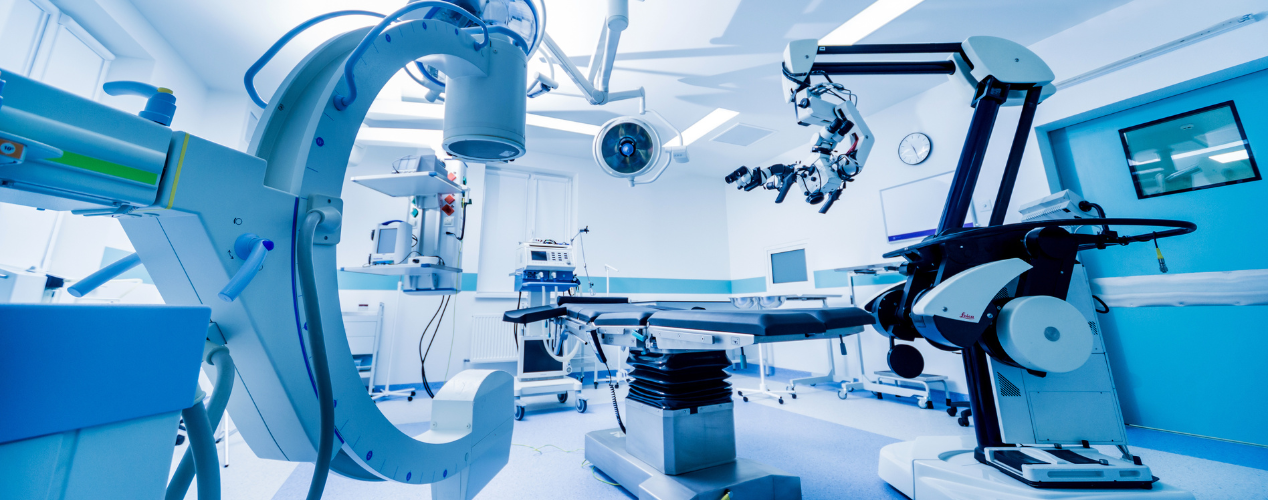
FDA expanded its Early Alert pilot communication program for medical devices
Experts in medical device safety and early alerts at ECRI react to the recent pilot expansion
The FDA’s Center for Devices and Radiological Health announced a pilot program last year called the Communications Pilot to Enhance the Medical Device Recall Program, designed to shorten the delay between FDA’s initial awareness of a potentially high-risk medical device issue and public communication to health care providers, patients, and the public.
The “Early Alert” is distinct from a formal recall announcement. The FDA can issue an early alert when they deem the risk to be significant, even if they haven’t yet completed the full evaluation or determined if the issue warrants a recall.
Initially, the pilot was limited to devices in five categories (cardiovascular, gastrorenal, general hospital, obstetrics & gynecology, and urology) but on September 29, 2025, FDA announced the program has expanded to cover all medical devices for potentially high-risk removals or corrections.

“ECRI strongly supports the FDA Early Alert Pilot Program as an important step toward improving responsiveness and speed in our nation’s medical device safety infrastructure. It’s good for the industry and good for patient safety,” said Scott Lucas, vice president of device safety at ECRI. “By sharing alerts faster, the FDA can better equip healthcare professionals and patients to make informed decisions faster, helping to prevent harm and support timely corrective action.”
“At ECRI, we have long advocated for the need to improve the timeliness of communication surrounding unsafe medical devices. The problematic gaps in our nation’s recall process for at-home medical devices made the #1 spot in our annual research report in 2023, the Top Ten Health Technology Hazards,” Lucas added. “We commend the FDA for its commitment to continuous improvement. Initiatives like this strengthen public trust and demonstrate how clear, rapid communication can protect patients.”

“The quicker that FDA and manufacturers can notify healthcare providers of safety issues, we’re fully supportive of that,” agreed Tom Toczylowski, Associate Director of ECRI Alerts. “We’ve engaged with the FDA on this topic numerous times over the last several years, including before they launched this pilot program. The program’s expansion is a positive step forward.”
Now, when a device manufacturer initiates corrective actions for a potentially serious issue, the FDA may issue an Early Alert even before confirming whether a full recall is required. The FDA still retains its usual recall processes, but Early Alerts are an additional layer of more proactive communication that’s faster than the FDA’s previous process.
ECRI publishes exclusive hazard alerts which sound the alarm about potential threats in devices and pharmaceuticals long before they turn into potential recalls. ECRI remains the fastest and most comprehensive source for coverage of medical device safety issues, often sharing hazard alerts weeks or months before the FDA. Learn more
ECRI In the News
Modern Healthcare sought out ECRI’s assessment of the FDA’s pilot program for “The FDA’s expanded early alert recall program explained.” Scott Lucas, vice president of device safety at ECRI, advocated for expediting communications surrounding hazardous medical devices with an emphasis on devices used in home care settings, noting that as home care expands rapidly and home-use devices become more complex, the related alerts need to be clear, understandable, and actionable for patients.
Improve Home-Use Device Recalls
ECRI named gaps with recalls of home-use medical devices as the nation’s most pressing health technology safety issue in 2023. Recall notices for home-use products often do not reach users, placing patients at serious risk of harm. As the home healthcare trend accelerates, ECRI patient safety experts remain concerned about home care patients not receiving safety notices that warn of problems with the medical devices they are using. Read more
